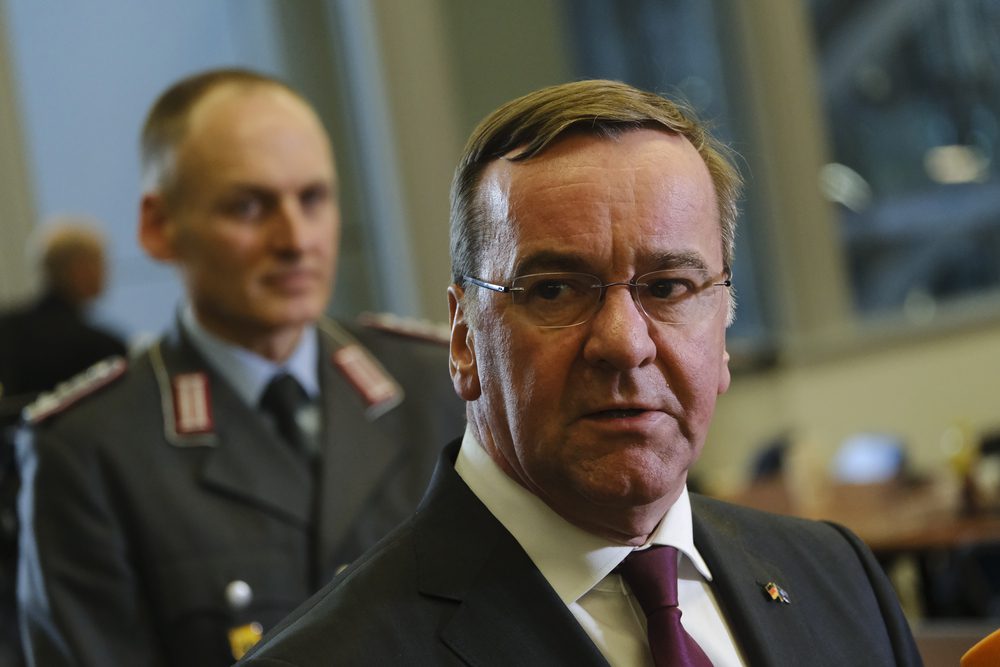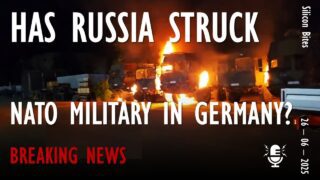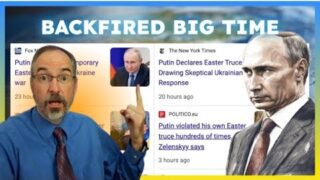
German troops in Ukraine only after peace or ceasefire, says defense minister
Germany will only send its troops to Ukraine once peace or a ceasefire is in place, said German Defense Minister Boris Pistorius.
His approach reflects broader uncertainty about the role of European forces as a security guarantee for Ukraine. With tensions still high and no clear path to peace, how and when those troops might be deployed remains a key point of debate within NATO and among European leaders.
“As long as the war continues, there will be no German soldiers on Ukrainian soil. The issue will arise when peace or a ceasefire is achieved, depending on what that looks like,” Pistorius told the Funke media group.
He added that questions remain, such as whether there will be a demarcation line, a buffer zone, or a peacekeeping area where armed forces could ensure stability.
As Europe’s largest NATO member and its biggest economy, Germany cannot ignore security issues in the region. However, Pistorius reminded us that any decision to deploy troops would require the approval of the German parliament.
French President Emmanuel Macron first suggested sending a European contingent to Ukraine in February, suggesting military personnel could serve as instructors. The proposal initially gained little Western support but has resurfaced as Donald Trump returns to power in the US and pushes for a swift end to the war. One discussed option is freezing the frontlines and deploying a European contingent as a security guarantee for Ukraine.
On 12 December, during Macron’s visit to Warsaw, Polish Prime Minister Donald Tusk stated that Poland has no such plans. He reiterated this stance on 17 December in Lviv during a meeting with Ukraine’s president. However, during his visit to Brussels on Thursday, Zelenskyy met with Macron and indicated positive developments in discussions regarding peacekeeping forces. He declined to share details, describing the process as “complex.”
Read more:












